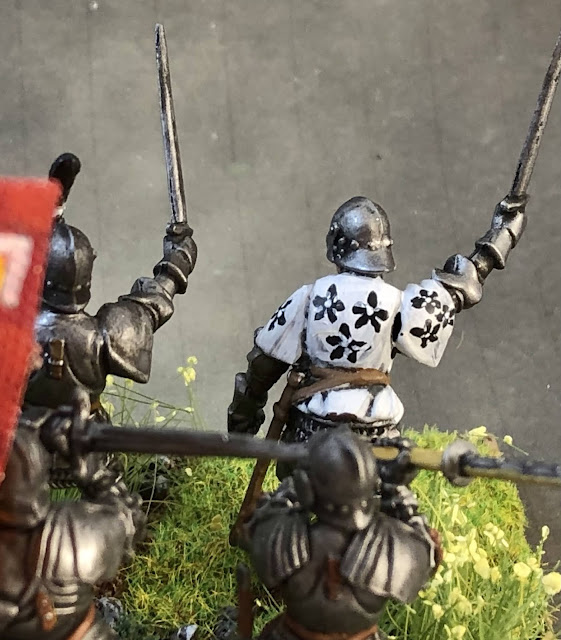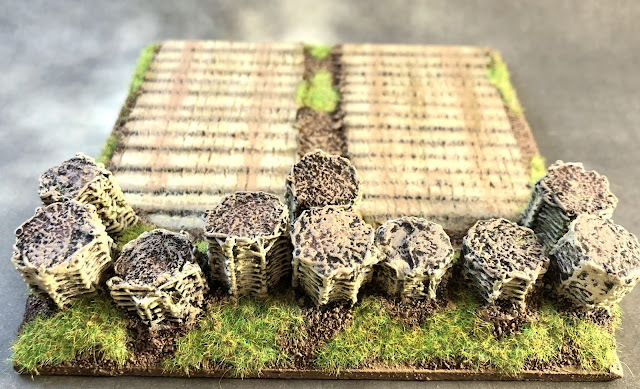Breton Noble Men at Arms Saint Aubin du Cormier
A number of leading Breton nobles mustered to the call of the Breton Ordonances call to arms, like all border regions some families were split, especially those who had lands and Family in the border Marchers of Anjou, Maine and Normandy.
Prince Francois de Rohan the 19 year old son of Jean II Vicomte de Rohan and Marie de Brittany(daughter of Duke Francois I of Brittany) . His Father Jean II Vicomte de Rohan had elected depart his allegiance to Francois I Duke of Brittany to side with the French King handing his border chateaux over to the French armies, coming from the Blois line, he also an ancient claim to the Dukedom of Brittany.
At the coming of the war young Francois de Rohan like most young Breton Nobles was in the household of the Duke Francois, and in 1487 rallied to the Breton Duke, when Nantes was under siege lead the Arrie Ban of Cornouaillais and Leonard in its relief breaking the siege.
In 1488 at the battle of Saint Aubin du Cormier he lead one of the Breton MAA companies on the right Flank, he was killed it was thought by French artillery.
- Pierre de Francheville (Scottish) wounded at Saint Aubin du Cormier and lance captain, taken prisoner was ransomed. After the war was appointed Seneschal of Rhuys, appointed the tax commissioner of the salt mines at Truscat and Seigneur de Sarzeau.
- François de Rohan killed at Saint Aubin du Cormier.
- Baron Pierre du Pont de l'Abbé, seigneur de Pont l'Abbé, de Rostrenen, and Ponthou, killed at Saint Aubin du Cormier, Lance Captain.
Raoul d'Estimbrieuc, écuyer seigneur de Estimbrieuc




















